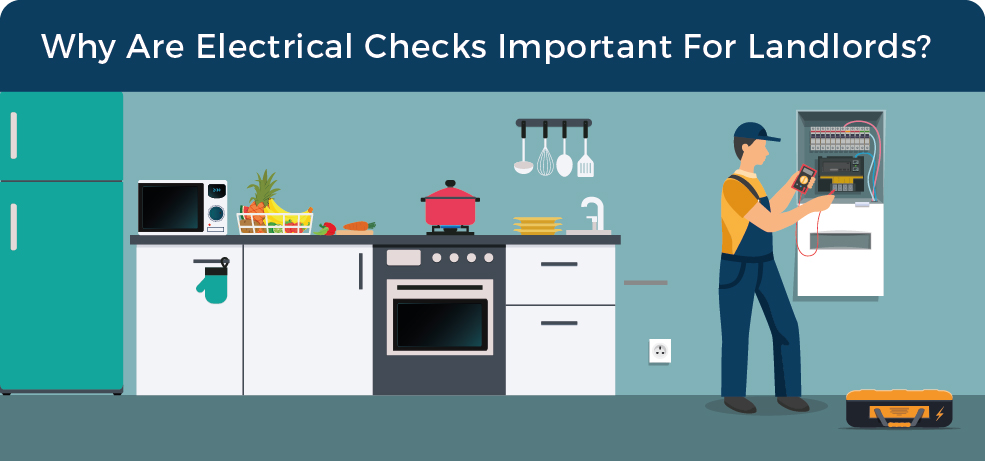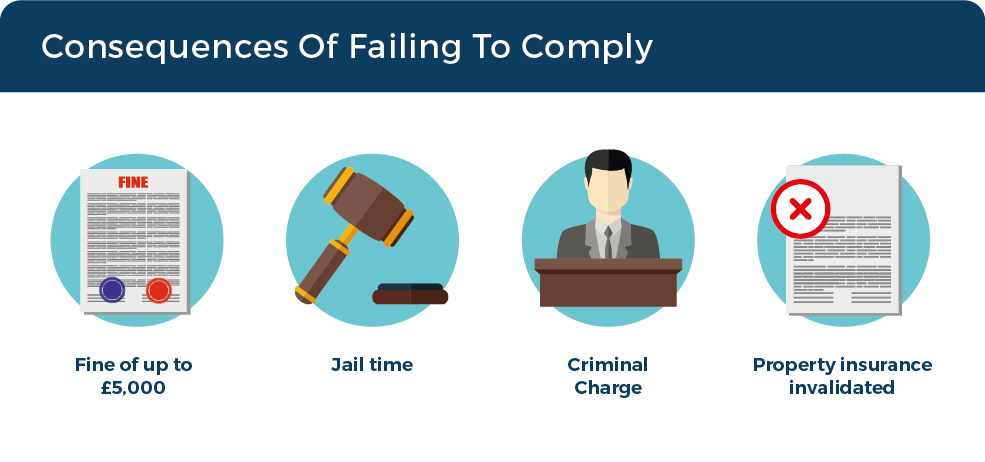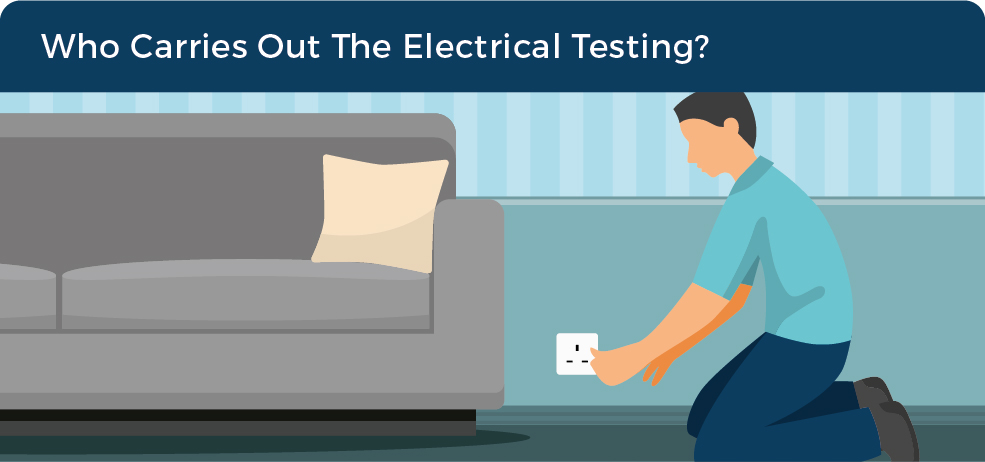Landlord Electrical Checks
Reading Time: 3 minutes
Landlords have a number of responsibilities to their tenants, whether they’re the proprietors of a terraced house or a sprawling multi-level commercial building. Making sure that the property is safe and inhabitable for tenants is a key responsibility, and within that is the need to ensure all electrical appliances, wiring and systems are in safe, working order. In this piece, the team at Airway are going to look at the importance of landlord electrical checks, what those checks are and the specific responsibilities landlords have.
Why are electrical checks important for landlords?

Firstly, electrical checks are important because they help to ensure the safety of a building. Whether people are living in it or working in it, they have a right to do so in a safe environment, and regular electrical checks can ensure any faults are identified and fixed before they become a serious hazard.
These checks are also a landlord’s legal obligation. By law, they are required to ensure that the electrical installation in a rented property is safe when tenants move in, and remains safe for the duration of their tenancy.
An electrical inspection must be carried out every five years for Houses of Multiple Occupancy (HMO). For other rented properties, such inspections are not mandatory, but they are recommended. If an inspection of an HMO is failed, the landlord is required to rectify the problem immediately.
Consequences of failing to comply with electrical safety regulations

There are a number of consequences that landlords may face if they fail to comply with regulations. They include:
- A fine of up to £5,000
- Six months in prison
- Criminal charges (in the event of injury or death as a result of electrical issues)
- Invalidation of property insurance
Who carries out the electrical testing?
Electrical installation and inspections should be carried out by qualified specialists. By appointing a specialist to take care of the inspections, you are ensuring any work is carried out properly and minimising the risk of injury to yourself or others. Ensure that any electrical engineer used is registered with a government-approved scheme.
Landlords should also retain the Electrical Installation Condition Report (EICR) that the electrical engineer provides you with.
There are some inspections that the landlords can carry out without the assistance of a qualified professional. These inspections include:
- Checking that the cable covering is not cut in any way
- Checking that plugs do not have cracked casing or bent pins
- Checking for any loose screws or parts
- Checking for signs of burning in the plug
- Checking the cord grip in the plug is effectively gripping the outer cable, so no coloured wires are visible from the exterior
- Checking for any damage or missing parts
Further information
If you’re a landlord and you’re unsure of what to do regarding electrical safety inspections, then there’s a wealth of extra information available to ensure you follow all relevant guidelines. You can learn more about your responsibilities as a private landlord here.
Airway Group are proud to provide electrical services for domestic and commercial customers throughout Cambridgeshire, Hertfordshire, Buckinghamshire and the surrounding areas. From routine inspections to installations, repairs and maintenance, our experts can do it all to ensure the electrical appliances in your home are in safe, working order. For more information, please contact us today.
Disclaimer- this article is for informational purposes only and we do not hold responsibility for the safety precautions and actions taken by the reader of this article.


